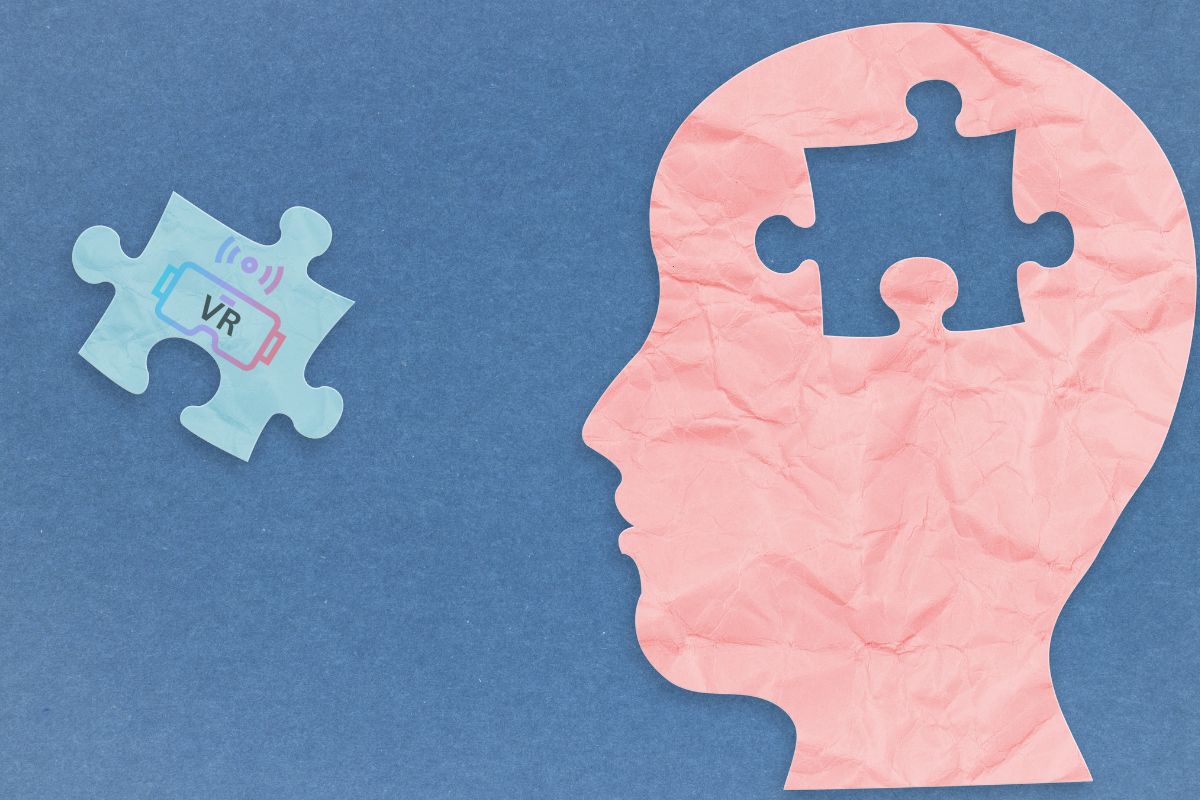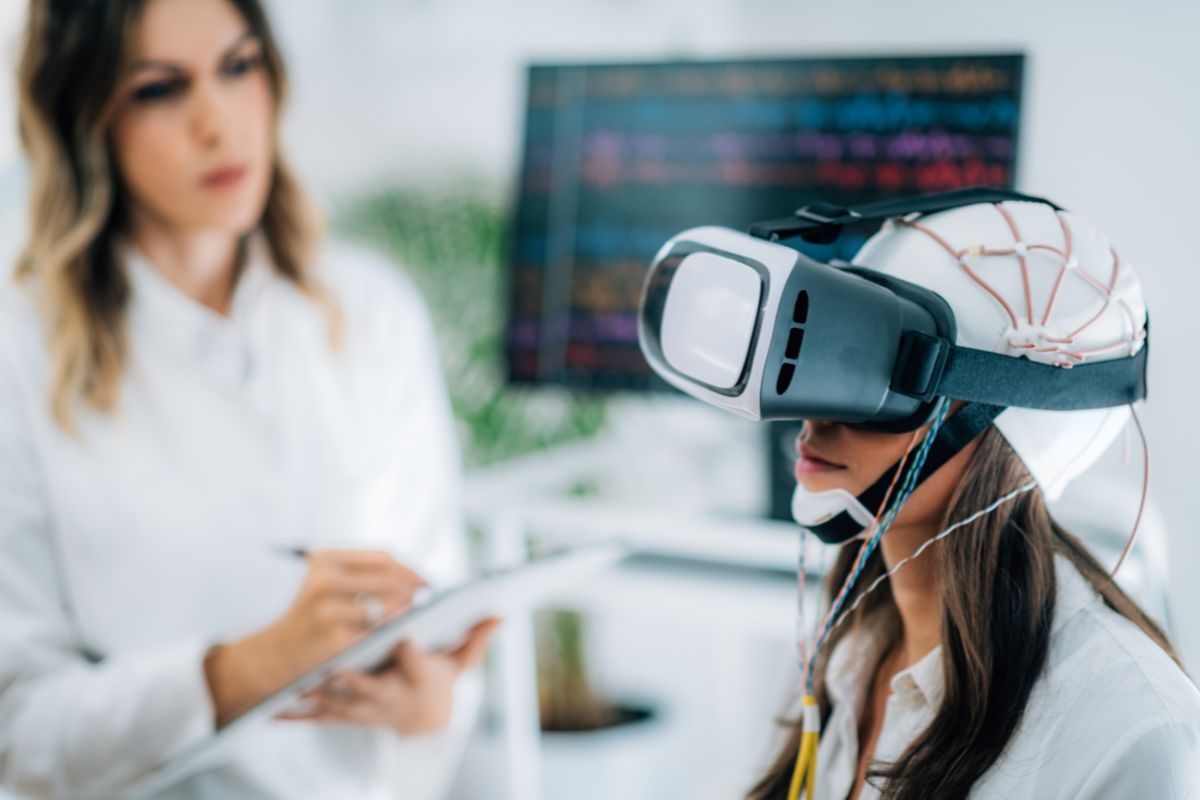Researchers at Indiana University have come up with the innovative new immersive therapy.
Indiana University researchers have unveiled an innovative new use for virtual reality they have developed for use as an immersive therapy for people struggling with substance use disorders.
The researchers recently obtained more than $4.9 million from the National Institutes of Health.
With the funding, the team launched an Indiana University (IU) startup company for the testing and further development of the virtual reality technology. The team was led by assistant professor of psychiatry Brandon Oberlin from the IU School of Medicine. They worked together to build a virtual environment that uses “future-self avatars” to support people recovering from substance use disorders. They are life-sized avatars that are fully animated and are highly realistic. Participants can talk and interact with their avatars, who will respond in their same voice using personal details within alternate futures.

“VR technology is clinically effective and increasingly common for treating a variety of mental health conditions, such as phobias, post-traumatic stress disorder and post-operative pain, but has yet to find wide use in substance use disorders intervention or recovery,” said Oberlin. “Capitalizing on VR’s ability to deliver an immersive experience showing otherwise-impossible scenarios, we created a way for people to interact with different versions of their future selves in the context of substance use and recovery.”
The virtual reality technology required four years to develop and test.
The team developing the technology tested it in collaboration with treatment centers based in Indianapolis. The pilot study was published in the Discover Mental Health journal by Oberlin and his colleagues on September 15. The researchers’ findings indicated that VR simulation of imagined future realities were helpful to the recovery of people with substance use disorder by reducing the risk of relapse rates and boosting the future self-connectedness of participants.
“This experience enables people in recovery to have a personalized virtual experience, in alternate futures resulting from the choices they made,” said Oberlin when discussing the virtual reality therapy technology. “We believe this could be a revolutionary intervention for early substance use disorders recovery, with perhaps even further-reaching mental health applications.”

